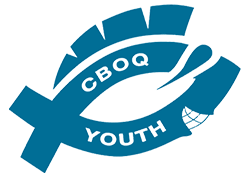It’s been just over a year since the first comprehensive lockdown happened. For many of our senior youth and young adults, this was a curveball like no other. Graduations and milestones changed. Work opportunities were in flux. Some students were helped by programs like CERB (Canada Emergency Response Benefit) and CESB (Canada Emergency Student Benefit), although these programs also may have influenced their expectations of what work-life and remuneration means.
For those in school (whether secondary or post-secondary), the expectations of this summer will need to be re-evaluated in light of the opportunities available to them in the coming months. While those benefits may no longer be available, their absence may be an opportunity to help students reframe their expectations. Some possible questions to ask:
- What would make this a memorable summer?
- How will you know if your summer was successful?
- What priorities/objectives do you want to achieve?
- As you evaluate opportunities, define what you hope to gain versus what you might need to give up in each of those scenarios. (The benefits may not always be tangible, monetary or concrete, but it’s worth taking time to consider them.)
There will be a variety of opportunities for young people willing to work. Some opportunities will be volunteer-based; others will offer a stipend or minimum wage. Some students may assume they should be paid more than minimum wage (“After all, I got $2000/month last year for staying home”).
Let’s begin by helping our youth and young adults to consider ways they can serve/work this summer, whether it’s through a program at your church, working at a camp like Kwasind (there are many others), or serving other parts of the community. Some roles will pay more than others; an essential question to ask is, “Does the potential earning of one job outweigh the potentially substantial benefits that a service opportunity can offer?” Let’s good to start understanding those considerations now.





Thank you for updating as with beautiful message and services to our almighty father to be our church family growing better for tomorrow I look forward to get be part of the opportunity